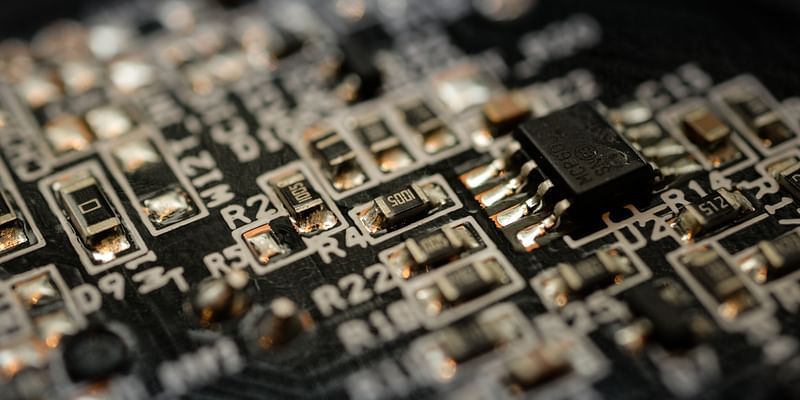Under a transformative collaboration with the United States, India will get its first-ever national security semiconductor fabrication plant that will produce chips for use in military hardware in both the countries as well as in critical telecommunication networks and electronics.
The ambitious India-US joint project was announced following talks between Prime Minister Narendra Modi and US President Joe Biden in Wilmington on Saturday.
The two leaders hailed the first-ever India-US semiconductor fabrication partnership as a “watershed arrangement”, according to a joint fact sheet on Modi-Biden talks.
The project will be enabled by support from the India Semiconductor Mission and will be part of a strategic technology partnership among Bharat Semi, 3rdiTech, and the US Space Force.
It will not only become India’s first but also one of the world’s first multi-material fab for national security, people aware of the matter said.
It is the first time that the US military has agreed to do a partnership for these high-value technologies with India, and it is a watershed moment as it is as significant as the civil nuclear deal, they said.
“President Biden and Prime Minister Modi hailed a watershed arrangement to establish a new semiconductor fabrication plant focused on advanced sensing, communication, and power electronics for national security, next-generation telecommunications, and green energy applications,” the fact sheet noted.
It said, “The fab, which will be established with the objective of manufacturing infrared, gallium nitride and silicon carbide semiconductors, will be enabled by support from the India semiconductor mission as well as a strategic technology partnership between Bharat Semi, 3rdiTech, and the US Space Force.”
The fab, to be known as ‘Shakti’, will focus on three essential pillars for modern war fighting: advanced sensing, advanced communications, and high voltage power electronics, the people cited earlier said.
At a media briefing, Foreign Secretary Vikram Misri described the initiative as “an enormously encouraging development,’ adding that “national security elements” are involved on both sides.
There will be applications of the products in national security areas, he said.
Explaining the significance of the project, he said: “This is a different Fab in the sense that this has been established with the objective of manufacturing infrared, gallium nitride and silicon carbide semiconductors.”
“And it will be supported by the Indian Semiconductor Mission as well as the Strategic Technology Partnership. I think what this represents is, first, the increasing and very substantial design as well as manufacturing capacities that are latent in India’s semiconductor sector,” he said.
The project will go down in history books as a watershed moment in the India-US relationship, said one of the people on condition of anonymity.
India’s current import bill in these semiconductors for national security is one billion dollar a year, according to estimates.
The fact sheet said Modi and Biden praised combined efforts to facilitate resilient, secure, and sustainable semiconductor supply chains including through GlobalFoundries’ (GF) creation of the GF Kolkata Power Centre in Kolkata. It said the project will enhance mutually beneficial linkages in research and development in chip manufacturing.
“The leaders welcomed steps our industry is taking to build safe, secure, and resilient supply chains for US, Indian, and international automotive markets, including through Ford Motor Company’s submission of a Letter of Intent to utilise its Chennai plant to manufacture for export to global markets,” the document said.
It also said that Modi and Biden commended ongoing efforts to build more expansive cooperation around 5G deployment and next-generation telecommunications.
This includes the US Agency for International Development’s plans to expand the Asia Open RAN Academy with an initial $7 million investment to grow this workforce training initiative worldwide, including in South Asia with Indian institutions.





![Read more about the article [Funding roundup] Automovill, Up, Spintly raise early-stage deals](https://blog.digitalsevaa.com/wp-content/uploads/2022/11/automovill1-1668063692347-300x150.png)




